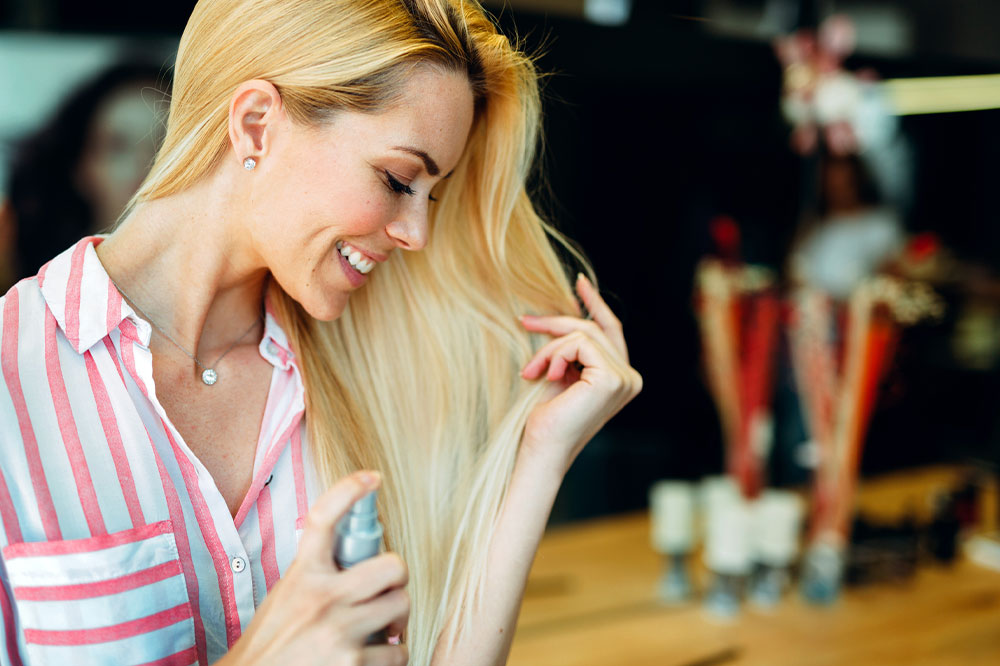5 household items that may increase cancer risk

According to the American Cancer Society, cancer results from changes in the cell structure. Many products that people use daily have been linked to an increased risk of cancer. Some of these products are also on trial in court due to lawsuits. For instance, hair relaxers and straighteners are supposedly linked with uterine cancer. Therefore, here are five other household items one can avoid since they may silently damage one’s health.
Air fresheners
Most air fresheners, even those claiming to be natural or unscented, contain a known carcinogen called formaldehyde. Excessive exposure to formaldehyde has been linked to myeloid leukemia and other rare cancers. Formaldehyde is also found in other household products such as glues, paints, soaps, and hair dyes. As an alternative, one may opt for natural essential oils.
Cleaning products
Cleaning products like dish soaps, glass cleaners, disinfectants, and others contain alkylphenols, triclosan, and tetrachloroethylene, all linked to an increased risk of breast cancer. Always check the ingredient list when buying cleaning products and opt for those without carcinogens or other chemical irritants.
Scented candles
Frequent burning of scented candles in unventilated rooms could increase the risk of developing bladder cancer. Always opt for beeswax candles with a cotton wick, and ensure proper ventilation when lighting candles.
Talcum powder
Talcum powder contains asbestos in its natural form, which is linked to an increased risk of lung and ovarian cancer. For those who want to continue using talc, look for asbestos-free variants in the market.
Non-stick cookware
The older versions of the non-stick coating used to contain a carcinogen called perfluorooctanoic acid or PFOA. However, the use of PFOA in non-stick Teflon coatings has been phased out over the years. Those using old non-stick pans may want to switch out their cookware for newer variants made without PFOA or move to ceramic or glass cookware that does not emit toxic fumes.
Conclusion
When in doubt, consult with a doctor or an expert regarding potential cancer risks in our everyday lives and how to avoid them.



